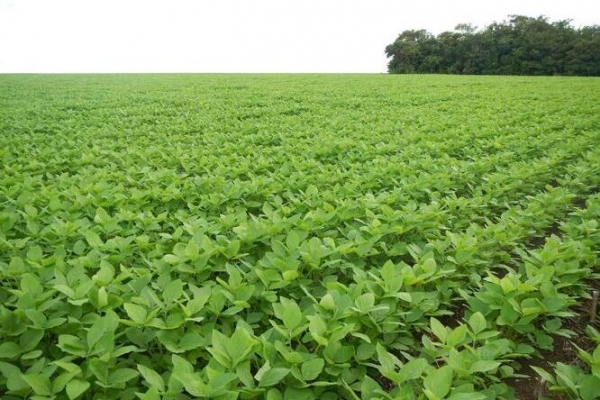Over the past decades, Brazil has become the world’s leading soybean producer, as well as the leading consumer of pesticides. Despite concerns about potential public health consequences, little is known about the effects of pesticide exposure in the general population. A new study from the University of Illinois Urbana-Champaign in collaboration with the University of Denver and University of Wisconsin-Madison looks at how soy expansion and increased pesticide use in Brazil’s Cerrado and Amazon biomes correlate with increased childhood cancer mortality.
“The Brazilian Amazon region is undergoing a transition from low-input cattle production to intensified soy culture with high use of pesticides and herbicides. The expansion has happened really quickly, and it appears educational efforts and training for pesticide applicators didn’t match the growth in pesticide use. When not used properly, there are health implications,” said Marin Skidmore, assistant professor in the Department of Agricultural and Consumer Economics, part of the College of Agricultural, Consumer and Environmental Sciences (ACES) at U. of I. Skidmore is lead author on the paper, published in the Proceedings of the National Academy of Sciences (PNAS).
“As this transition was happening, there were documented cases of pesticide poisoning of agricultural workers and evidence of chemicals in the blood and urine samples of non-agricultural workers in the surrounding communities,” Skidmore said. “This indicates that this rollout had happened in a potentially dangerous way that was leaving people exposed.”
Read more at: University of Illinois Urbana-Champaign
Brazil soy field. Photo Credit: University of Wisconsin-Madison.


